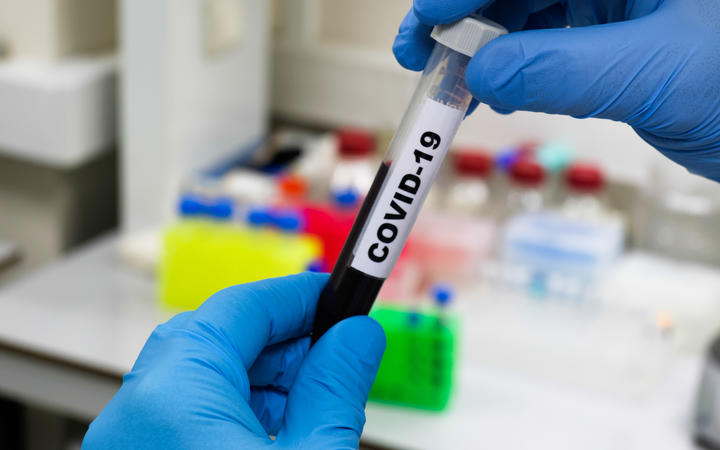There are four new cases of Covid-19 in New Zealand’s managed isolation facilities, the Ministry of Health has reported.

Photo: 123RF
In a statement, it said there were no new cases in the community.
The new cases:
6 January
- One case arrived from Russia via Singapore and tested positive during routine testing around day 3. This person is in a quarantine facility in Christchurch.
- One case arrived from Russia via Singapore and tested positive during routine testing around day 0. This person is in a quarantine facility in Christchurch.
- One case arrived from Russia via the United Arab Emirates and tested positive during routine testing around day 3. This person is in a quarantine facility in Christchurch.
The Ministry said the three cases are part of the group of international mariners reported on yesterday.
It said in total 14 positive cases were identified in this group: eight were deemed historical; three were new active cases; and further testing of the three new cases reported today may determine if they were also historical cases.
9 January
- One case arrived from the United Kingdom via the United Arab Emirates and tested positive during routine testing around day 1. This person has been transferred to the Auckland quarantine facility.
- One case has now recovered. One previously reported case is now regarded as not a case. This case previously tested positive in the United Kingdom prior to travelling to New Zealand and has therefore been determined as a historical case. This case is being removed from New Zealand’s tally while the ministry confirm it has been reported in the United Kingdom.
The total number of active cases in New Zealand is now 77 and the total number of confirmed cases is 1,866.
There have been 1,441,163 Covid-19 tests processed by laboratories to date.
New Zealand’s managed isolation facilities now house both the highly-transmissible UK variant of Covid-19 and a new one associated with South Africa.
Almost a quarter of the country’s live cases are now the UK variantwith that amount expected to increase.
The ministry reported yesterday that the first case of the South African variant has now been detected at the border.
Today the ministry said all positive Covid-19 tests in New Zealand are sent to ESR for whole genome sequencing as part of ongoing surveillance and its overall elimination strategy.
“As reported in yesterday’s media release, whole genome sequencing has identified a total of 19 cases of Covid-19 at the border with the variant known as B.1.1.7 (UK variant) and one case with the variant identified as B.1.351 (South Africa variant) in New Zealand since 13 December 2020.”
The ministry said yesterday’s media release reported the UK variant as B1.1.17, but that was incorrect. The correct variant is B.1.1.7.
“Further work to identify and better understand these variants is ongoing in New Zealand and internationally. Current research suggests the B.1.1.7 variant is around one and a half times more transmissible than previous variants but there is no evidence at this stage that the length of the infection period is any different to any other variant of Covid-19, nor is there evidence that it causes more severe illness. We are also closely monitoring emerging research on the B.1.351 variant.”
“The recent increase in Covid-19 cases at New Zealand’s borders is expected, given case numbers continue to increase globally.”
The ministry said it was also expecting to see more historical cases being detected in managed isolation due to an increasing number of people becoming infected and recovering before travelling to New Zealand. “While these individuals may still have residual viral particles in their nasopharynx, which are picked up by our tests, they are no longer considered to be infectious.”
Covid-19 data modelling expert Shaun Hendy warned a community outbreak of either variant in New Zealand would in all likelihood need a level 4 lockdown to bring it under control.
And an epidemiologist says the government should consider banning flights from the United Kingdom and other countries where Covid-19 is out of control.
National Party leader Judith Collins said with the highly infectious UK and South African variants showing up at the border, it was critical border workers were vaccinated as quickly as possible.
The ministry said it continues to monitor overseas developments very closely and is constantly reviewing and strengthening its response to Covid-19.
“Since 1 January 2021 people arriving from the US and UK are tested on arrival and required to stay in their room until they return a negative test result. In addition, pre-departure testing will start to come into effect later this week (11.59 pm NZT on 15 January 2021) with the aim of reducing the number of cases of Covid-19 arriving in New Zealand.”
Meanwhile, nurses working at managed isolation facilities across the country have raised concerns about staff shortages and instability.
